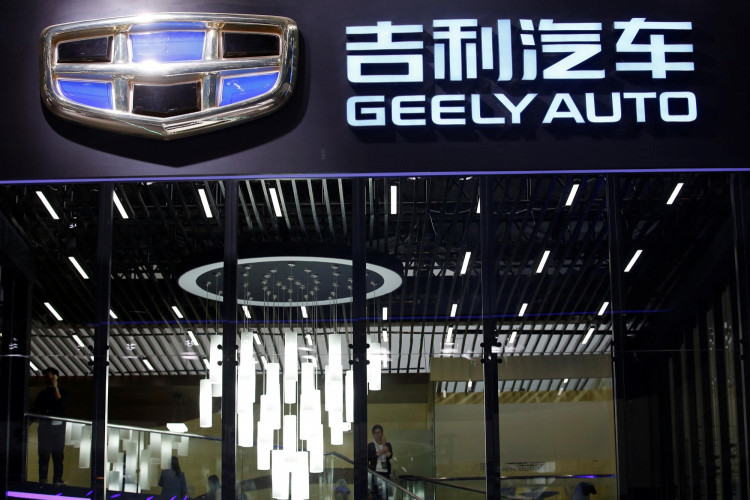Chinese automotive giant Geely Automotive Holdings is set to raise up to 20 billion yuan, or roughly $2.9 billion, through a secondary share sale on Shanghai's NASDAQ-style Star Market. Once the company gets listed, it will become the first automotive company on the technology innovation board, which is mostly comprised of high-tech startups.
According to a sales document filed on Tuesday, the Hangzhou-based company plans to use the proceeds of the share sale to develop new technologies for its various automotive products. Part of the funds will also be used to on new investments such as acquisitions that would complement its existing operations.
The company's planned listing comes as the global automotive market continues to struggle in recovering from the economic downturn caused by the coronavirus pandemic. Last month, Geely revealed that its profits for the first half of the year had plummeted by over 43 percent to only 2.3 billion yuan. During the same period, the company's sales dropped by 19 percent. Due to the forced closures of its factories and showrooms, Geely was only able to sell 530,446 vehicles during the six-month period.
Geely is still optimistic about its performance in the second half of the year, announcing that it is aiming to sell up to 1.32 million vehicles in 2020. The figure is only a 3 percent drop from its targets in 2019, indicating its strong confidence in its sales revival for the rest of the year.
The Hong Kong-listed automaker initially announced its intention to list on the Shanghai Star Market in June. Investment bank Citigroup then raised its target price for the company by 20 percent following the announcement. The company's stock price in Hong Kong, which was trading as high as HK$17.58 per share in Wednesday trading, has gradually increased on the prospect of its listing and its planned merger with Volvo Cars. Since the start of the year, Geely's share prices have increased by more than 12 percent.
Geely's parent company, Zhejiang Geely Holding Group, announced in February that it was planning to merge Geely with Volvo Cars to establish China's first truly global brand. The merged company is expected to generate annual revenues of more than $40 billion.





